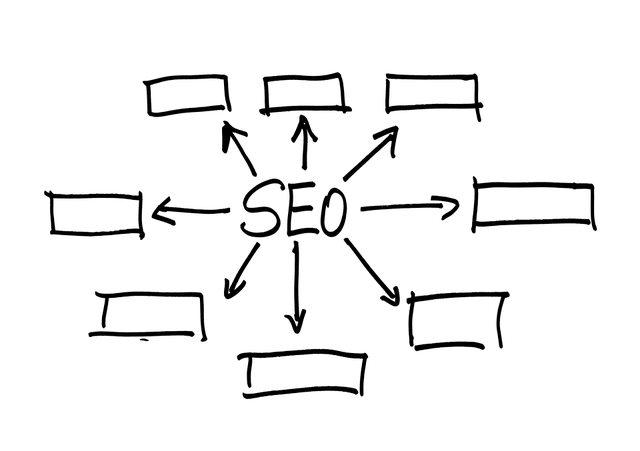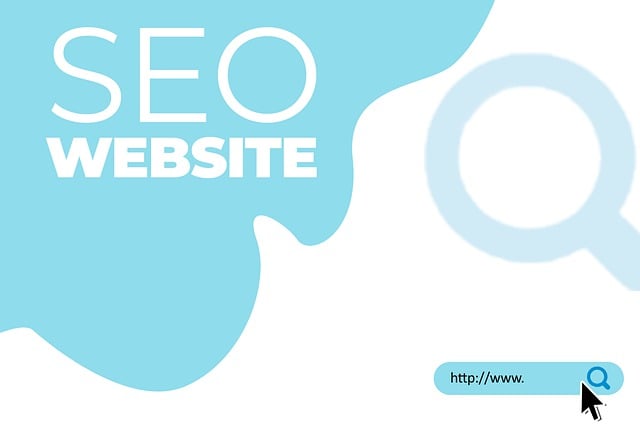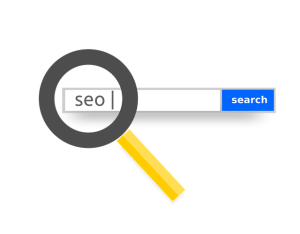Small Business SEO Training equips entrepreneurs with essential knowledge and skills to optimize websites for search engines, enhancing visibility and driving targeted traffic. Debunking myths about cost and complexity, this training empowers owners to effectively manage digital marketing without significant costs. A balanced approach includes on-page (keyword optimization, mobile-friendliness) and off-page strategies (backlinks, social media engagement), tailored to tight budgets using free tools like Google Search Console and Analytics for measurable results. Regular updates ensure small businesses stay competitive in the ever-changing digital landscape.
“Unleash your small business’s online potential with our comprehensive guide to budget-friendly SEO. In today’s digital landscape, effective Search Engine Optimization (SEO) is vital for visibility, but it doesn’t have to break the bank. This course demystifies common misconceptions and provides a step-by-step approach tailored for startups and micro-enterprises.
From understanding the fundamentals of Small Business SEO to implementing on-page tactics and exploring off-page strategies within a limited budget, we equip you with practical tools and free resources. Learn how to measure success, stay informed about industry trends, and boost your online presence without exceeding your financial constraints.”
Understanding Small Business SEO: Why It Matters

In today’s digital era, a robust online presence is non-negotiable for small businesses aiming to thrive and compete with larger corporations. This is where Small Business SEO Training comes into play – it equips owners with the knowledge and skills to optimize their websites and content for search engines, thereby increasing visibility and driving targeted traffic. Understanding how customers use search engines to find local services or products is crucial; effective SEO strategies can ensure that your business is front and center when potential clients look online.
Small Business SEO isn’t just about boosting website rankings; it’s also about building a sustainable and profitable online business. By focusing on relevant keywords, creating high-quality content, and leveraging local citations, small businesses can attract their ideal customers and foster long-term growth. A well-structured Small Business SEO Training program can teach these strategies in an accessible, budget-friendly manner, empowering entrepreneurs to take control of their digital marketing and achieve remarkable results without breaking the bank.
Common SEO Misconceptions Debunked

Many small business owners and entrepreneurs hold misconceptions about Search Engine Optimization (SEO), often due to misinformation or a lack of understanding. One common myth is that SEO is an expensive, complex process that requires extensive coding knowledge. However, this couldn’t be further from the truth—a solid Small Business SEO Training course can empower individuals to optimize their websites effectively without breaking the bank. With the right tools and strategies, business owners can learn to rank higher in search results, driving more organic traffic to their sites.
Another misconception is that SEO is a one-time fix. In reality, it’s an ongoing process that requires consistent effort and adaptation. Search engine algorithms evolve, and staying on top of these changes is crucial for maintaining online visibility. A budget-friendly SEO course can teach businesses how to monitor these updates, adjust their strategies, and keep up with the ever-changing digital landscape. By debunking these myths, entrepreneurs can gain valuable insights and take control of their online presence without unnecessary costs.
Key Components of an Effective SEO Strategy

An effective SEO strategy is a cornerstone for any successful online presence, especially for small businesses aiming to compete in the digital realm. The key components involve a holistic approach that combines on-page optimization and off-page tactics. On-page SEO focuses on optimizing individual web pages to rank higher and earn more relevant traffic in search engine results. This includes optimizing title tags, meta descriptions, header tags, and content to align with target keywords and user intent.
Off-page SEO, on the other hand, pertains to activities outside of your website that impact your rankings. Building high-quality backlinks from authoritative sources is a powerful signal to search engines that your site is credible and valuable. Social media engagement, guest blogging, and influencer partnerships are also effective strategies to enhance your online visibility and drive organic traffic—all essential elements for any comprehensive Small Business SEO Training program.
On-Page SEO Techniques for Beginners

For beginners in Small Business SEO Training, on-page optimization is a crucial first step. This involves optimizing individual web pages to rank higher and earn more relevant traffic in search engine results. Key techniques include conducting thorough keyword research to understand what your target audience is searching for, and then strategically placing these keywords throughout your content. This isn’t just about stuffing words into your text; it’s about using them naturally within headings, meta descriptions, and compelling copy that engages readers.
Another important on-page SEO technique is ensuring your website is mobile-friendly. With the majority of internet traffic now coming from smartphones and tablets, search engines prioritize websites that provide a seamless experience across all devices. This means using responsive design to adapt your layout for different screen sizes, making navigation easy for users, and loading pages quickly. Additionally, creating high-quality, unique content that offers genuine value to visitors is essential for both user satisfaction and search engine recognition.
Off-Page SEO Strategies on a Budget

For small businesses with limited budgets, Off-Page SEO can still be a powerful tool to boost online visibility. One effective strategy is leveraging guest blogging on industry-related websites. By contributing valuable content to reputable platforms, your business can gain high-quality backlinks, which are crucial for improving search engine rankings. Even without direct financial investment, strategic partnerships and collaborations with influencers or other relevant brands in your niche can open doors to guest posting opportunities, enabling you to reach a wider audience and enhance your website’s authority.
Another budget-friendly Off-Page SEO tactic is engaging in social media promotion. Actively participating on platforms like LinkedIn, Twitter, and Facebook allows you to connect with potential customers and industry influencers. Sharing valuable content, joining relevant groups, and participating in discussions can attract links back to your site naturally. Additionally, utilizing user-generated content by encouraging customer reviews and testimonials not only builds trust but also provides organic backlinks, contributing to an effective Small Business SEO Training strategy without breaking the bank.
Utilizing Free SEO Tools and Resources

In today’s digital era, a robust online presence is non-negotiable for small businesses aiming to thrive. Thankfully, there’s no need to break the bank to achieve effective Small Business SEO Training. A plethora of free SEO tools and resources are readily available, empowering entrepreneurs to optimize their websites and boost visibility without spending a fortune. From keyword research to site audits, these valuable assets offer insights into what matters most in search engine rankings.
By leveraging free options like Google Search Console, Google Analytics, and SEMrush’s free version, business owners can gain crucial metrics and data points. These tools provide recommendations for improving on-page SEO, identifying technical issues, and understanding user behavior, all while catering to tight budgets. Embracing these free resources opens doors to enhancing search engine visibility and reaching a wider audience without costly investments.
Measuring and Analyzing SEO Success

Measuring and analyzing SEO success is a crucial step for any business owner or marketing professional, especially those who’ve invested in small business SEO training. It’s not just about increasing website traffic; it’s about understanding which strategies are driving conversions and revenue. By utilizing tools like Google Analytics and Search Console, you can track key metrics such as click-through rates (CTR), average position, and backlink quality.
These insights allow for data-driven decisions that optimize your SEO efforts over time. For instance, identifying high-performing content can guide future content strategies while understanding which keywords drive sales helps in refining targeted advertising campaigns. Regular analysis ensures your Small Business SEO Training translates into tangible results, keeping your business competitive and relevant in the digital landscape.
Staying Up-to-Date with SEO Trends and Changes

In today’s digital landscape, staying ahead of the curve is crucial for any business, especially small enterprises aiming to compete in an ever-evolving market. One of the most effective strategies to achieve this is through regular Small Business SEO Training. Search Engine Optimization (SEO) trends and algorithms are constantly shifting, with Google and other search engines regularly updating their protocols. A budget-friendly SEO course can equip business owners and marketing professionals with the knowledge to navigate these changes. By understanding the latest trends, from keyword optimization techniques to mobile-first indexing, participants gain valuable insights to enhance their online visibility.
This training allows businesses to adapt their content strategies, ensuring their websites remain relevant and ranked higher in search results. With SEO being a dynamic field, staying informed is essential to avoid becoming obsolete. A well-structured course can provide practical tips and tricks, enabling small business owners to implement effective SEO practices without breaking the bank. It empowers them to stay competitive, attract organic traffic, and ultimately drive more sales.
